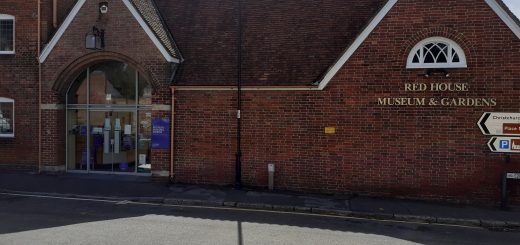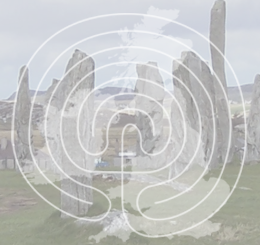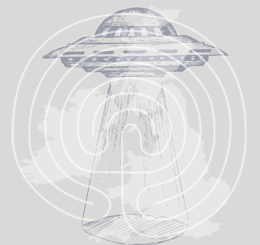Folktale or Legend?
What is the differance between a folktale and a legend? Are the boundaries seperating them murky or is there a clear divide?
What is the differance between a folktale and a legend? Are the boundaries seperating them murky or is there a clear divide?




In my view, both are
In my view, both are narratives of an action or event. The folktale would seem to be the subjective expression of the objective narrative of the legend.
I suppose the legend is the constant, whilst the folktale varies according to the culture and attitudes of the ‘folk’ expressing it.
As Neil says, I’ve always
As Neil says, I’ve always thought legends as being fairly consistent while folk tales tend to be quite variable and localised. I’ve always thought of as legends being grander in scale, while folk tale makes me think of a more rustic story… But maybe that’s just me.
I think it’s open to
I think it’s open to interpretation. Probably more interesting to look at the difference between myths and legends…..myths being narratives containing instances of fundamental human belief and behaviour (archetypes if you will) contained within the mores of an indigenious society, legends being stories of that society which hold themselves to be narratives of actual events, but which will contain elements of myth, and folktales carrying an element of either or neither or both, told simply to entertain…..the boundaries between these are very blurred, and your "definitions" may differ from mine.
According to my
According to my dictionary:
"Legend- A traditional story popularly regarded as historical but unauthenticated", to which I would add it wouldn’t necessarily need to hold supernatural elements to be counted as such- I’m sure I can think of some that don’t.
‘Myth-A traditional story esp. one concerning the early history of a people or explaining some natural or social phenomenon, and typically involving supernatual beings or events", which makes sense linguistically when we call a false belief a myth, i.e. "He wanted to dispel the myth that surfing was dangerous"
"Tale" by itself merely means a story, true or untrue as you like, and I think in the case of "folktale" then it’s an amalgamation of ‘tale’ by itself, and ‘folklore’, that is, "beliefs customs and stories of a community, passed through the generations, by word of mouth".
Which gives us some good variations really if folktales/folklores tend to be specific to small areas, legends to people or exaggerated histories, and myths are stories vague, global and too fantastic to be remotely true.
Columbine
[quote=Columbine] According to my dictionary:
"Legend- A traditional story popularly regarded as historical but unauthenticated", to which I would add it wouldn’t necessarily need to hold supernatural elements to be counted as such- I’m sure I can think of some that don’t.
‘Myth-A traditional story esp. one concerning the early history of a people or explaining some natural or social phenomenon, and typically involving supernatual beings or events", which makes sense linguistically when we call a false belief a myth, i.e. "He wanted to dispel the myth that surfing was dangerous"
"Tale" by itself merely means a story, true or untrue as you like, and I think in the case of "folktale" then it’s an amalgamation of ‘tale’ by itself, and ‘folklore’, that is, "beliefs customs and stories of a community, passed through the generations, by word of mouth".
Which gives us some good variations really if folktales/folklores tend to be specific to small areas, legends to people or exaggerated histories, and myths are stories vague, global and too fantastic to be remotely true. [/quote]
I think that sums it up pretty well
Folktale
Folktales are ones which specifically were part of an oral storytelling tradition, about characters who may or may not have had any historical reality. Folktales can be about legends, if they form a part of the oral tradition and were passed down in this way. A Legend is a tale, true or made up, relating to an actual historical person or event. A Myth being a tale which is definately not true, but may be a metaphor or parable.
The lines are blurred. Folktales are being repeated by storytellers now who did not learn them from storytellers, but from books. The oral tradition has been sidetracked here.
Also. Stories about legendary figures like William Wallace, or Robert the Bruce have been told before in the oral tradition about semi-mythological figures like King Arthur or Finn MacCool.
In the storytelling tradition we are told, a good story is alive, it changes, it waxes and wanes like the moon, so it can be reborn again. Just as stories in the oral tradition attach themselves to subsequent heroes through history, so too do they localise, and any good storyteller, when telling the tale of where King Arthur’s last resting place is, will point to the hill he is standing beside and declare, "It is there!". This is why King Arthur is under every hill in England, Scotland, and Wales.
So perhaps they are meant to be blurred.
Re: Folktale or Legend?
I’ve always thought of it that a folktale is patently not true, while a legend has a bit of truth.